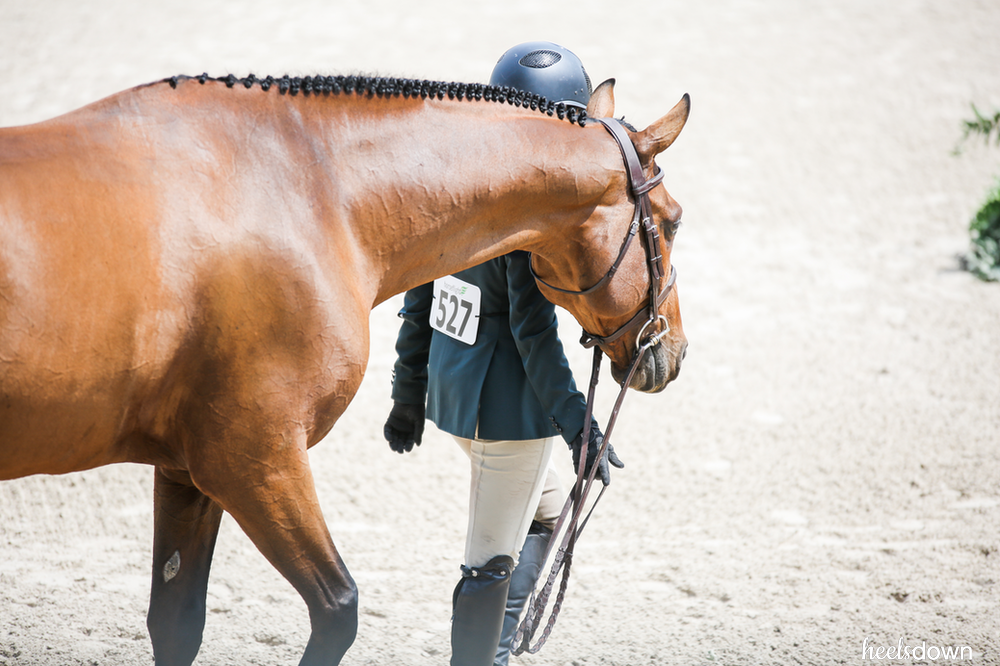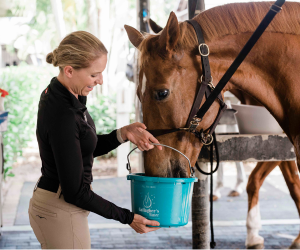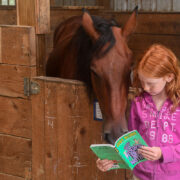Quitters Aren’t Losers

I’m fortunate to be surrounded by high-achieving, driven people in both my work and my personal life. If I’m ever lacking inspiration, I don’t have to look far to find it – friends who wake up at the crack of dawn to ride their horses before heading off to a demanding 9 a.m.- 5 p.m. job and then home to care for their families; co-workers who strive to be creative and unique in everything they do, a career-driven boyfriend who simultaneously has never let me feel like I’m second to his work.
Even the horses – both the ones I ride and the ones I watch at horse shows I get to write about – try their hearts out in a sport that they could easily buck, spin, or rear their way out of.
When you’re part of a community like this, everyone holds each other up. There’s an unspoken but understood standard of effort and respect that feels more like a thick, reliable safety net than the heft of pressure.
Think of your fellow riders, your trainers, your idols in the sport – they’re not slackers. No one chooses to get into the sport because the days are short and glory is just around the corner.
The cost of our sport is an enormous burden – enormous enough to make national headlines and put equestrian sports on the list of “Most Expensive Sports” in multiple publications. Most of us really aren’t equipped to be involved in such a money-sucking sport, and even professionals are often just scraping by, don’t own their own horses, praying they don’t get kicked or fall off because they couldn’t afford to meet the deductible of a trip to the ER.
While I see a lot of trainers and riders and owners “paying it forward” in horse sports – investing in the future of the sport by helping a promising rider or someone who simply deserves it – this opportunity doesn’t crop up for everyone, or it comes too late, or the rider has already wrung themselves dry by then and there’s no coming back.
Or maybe they’re too far removed from the pure bliss of sitting tall on a horse’s back like they did as a kid, when horses were just easy friends to have, not bills and stress and a source of guilt for taking time away from a job or a family to enjoy.
So when a rider of any level chooses to hang up their helmet, whether permanently or just for a while, they should be met a nod and a pat on the back. It’s probably not for lack of trying. Recognizing when to stop in any part of life – a job, a relationship, a sport – usually requires a hefty dose of courage and decisiveness. You can bet that more time and effort went into making the decision to quit than to start.


